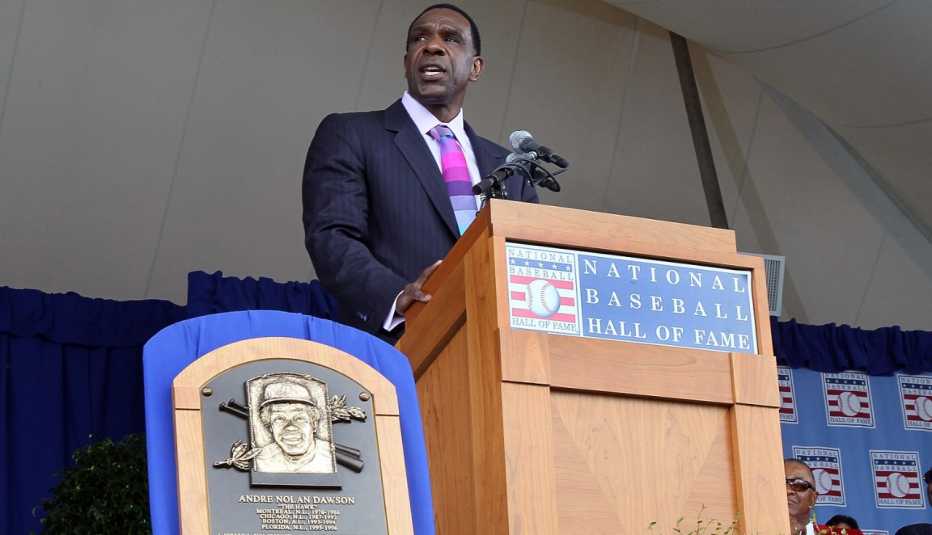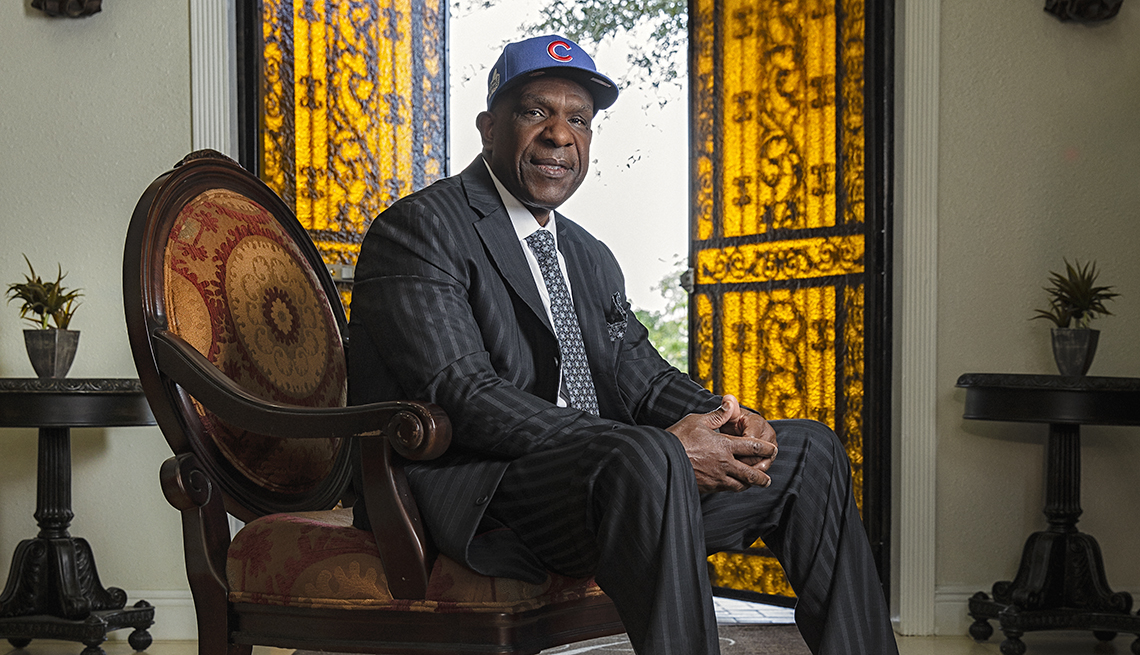AARP Hearing Center
As a kid, I really didn’t think about being a major league ballplayer before middle school. But I had a pretty good run — I started my career with the Montreal Expos in 1976, played for the Chicago Cubs and retired as a Florida Marlin in 1996.
Now I’m doing something pretty different: I’m the owner of a funeral home in Miami, where I grew up.
People are always curious about how I got into the funeral business. Some years back, my brother put together a group of investors to buy a funeral home, and I became one of them. Then about 10 years ago, I decided to invest in a different funeral home that was for sale. I never expected to run it, but that role sort of fell into my lap. The state had shut down the place because of violations by the previous owner. Local pastors that my two uncles and I spoke with were very concerned about losing the services and the jobs the funeral home provided, so we worked hard to get it reopened, which we did in 2008.
My wife, Vanessa — whom I’ve been married to for 40 years — and I dove in. We refurbished the facility from top to bottom. We changed the name to Paradise Memorial Funeral Home. We hired 24 part-time employees, and my two uncles to run the day-to-day operations. And I threw myself into it, body and soul. I understood it could take a tremendous toll on me if I let it. And sometimes it does. Sometimes I have to ask God to help me get through a day.


But in those situations, I realize very quickly that I’m not doing anyone any good — particularly the grieving families — if I let their grief overwhelm me. So when I start to feel overwhelmed, I concentrate on just putting my best foot forward. And then on putting the next one forward.
There are no cheering crowds for me now, just people bearing the heaviest weight anyone can bear. My job now is just to be there for them and to help them get through.
This work has taught me that tomorrow is not guaranteed. I’ve learned how to help people transition through the most difficult period of their lives. I’ve learned how to run an enterprise that’s a vital part of a community. And I have the satisfaction of giving something back to the area where I grew up.
I’m proud of what I did on the baseball diamond. But this is who I am now.
— As told to Steve Winston




























































